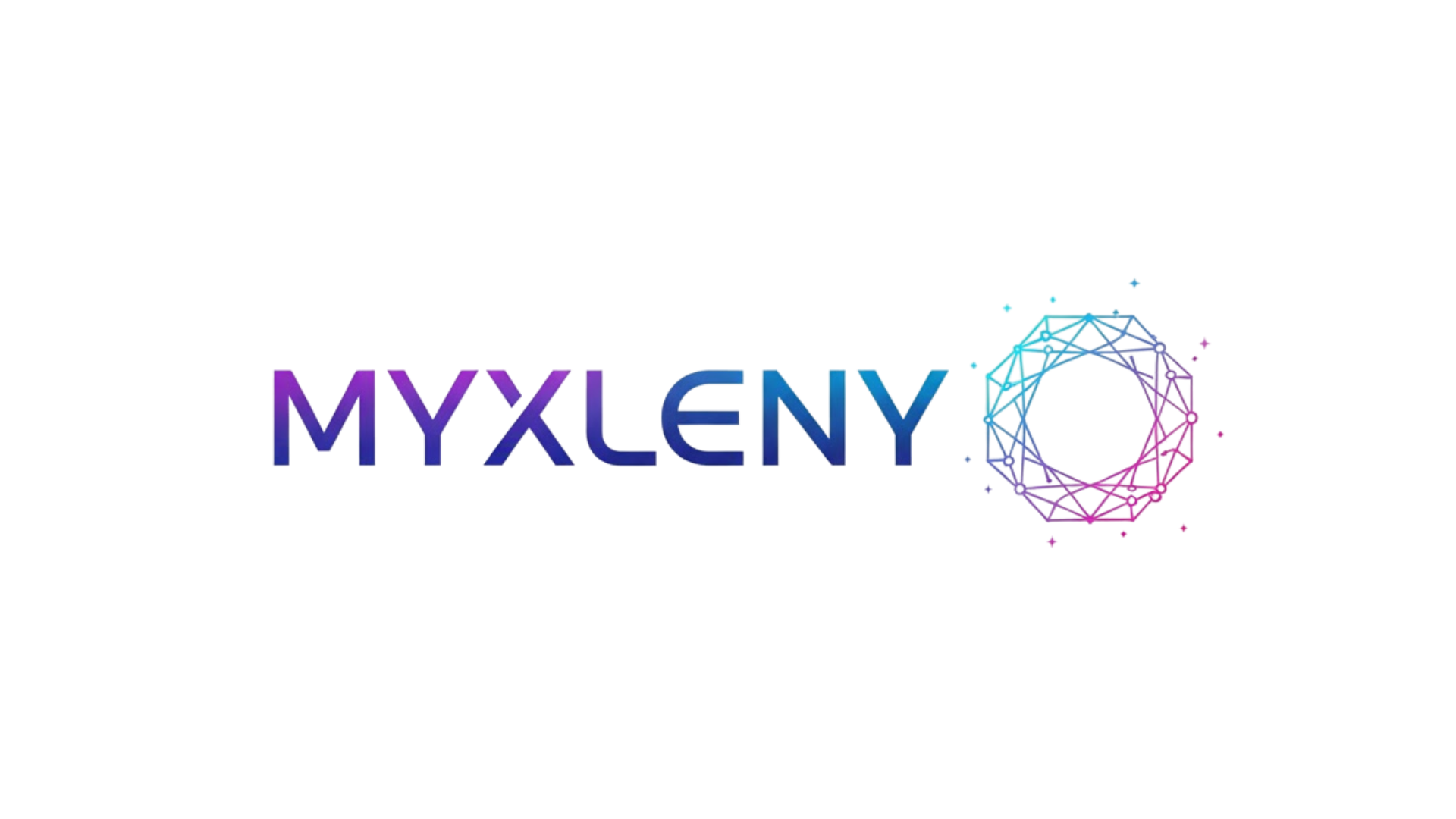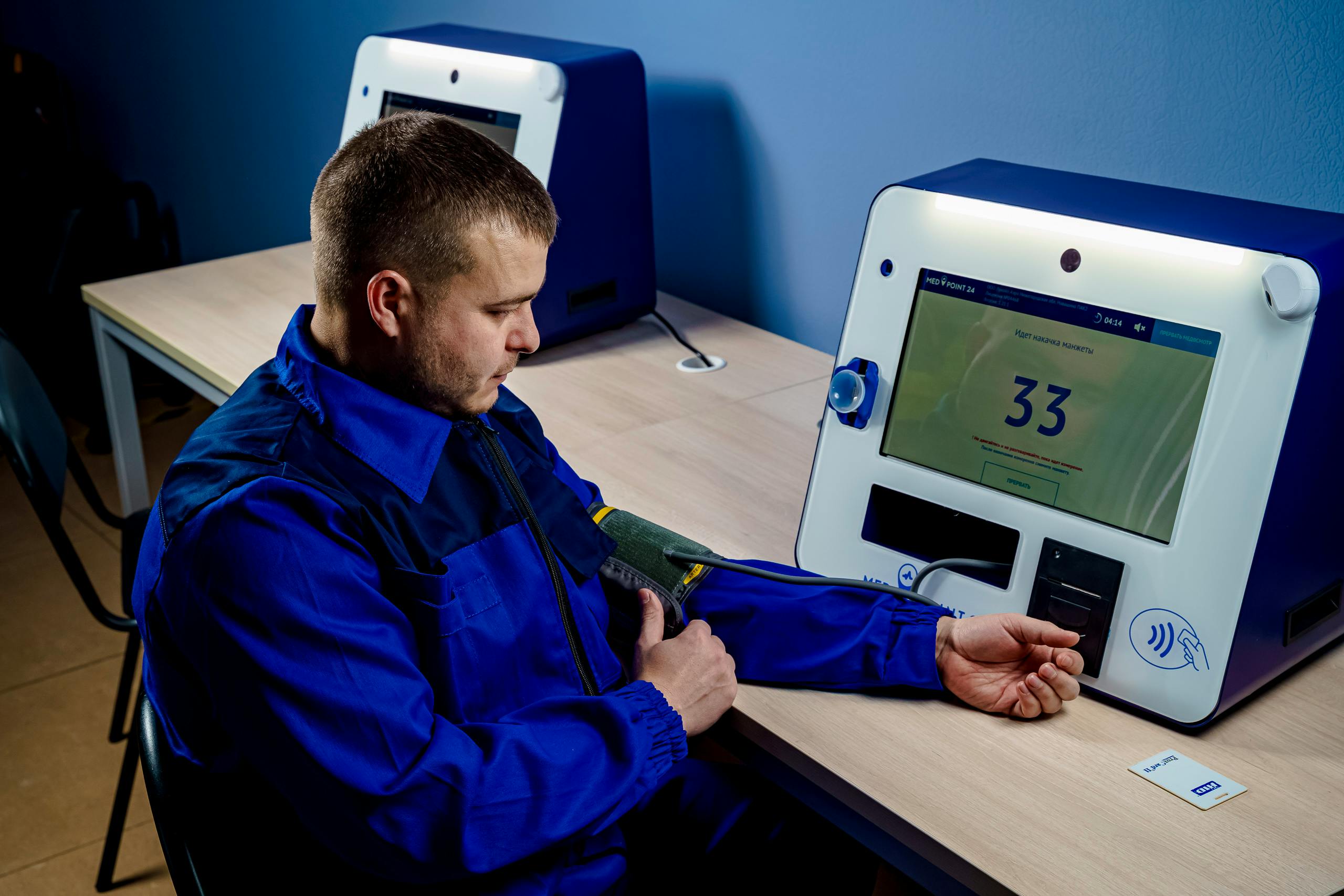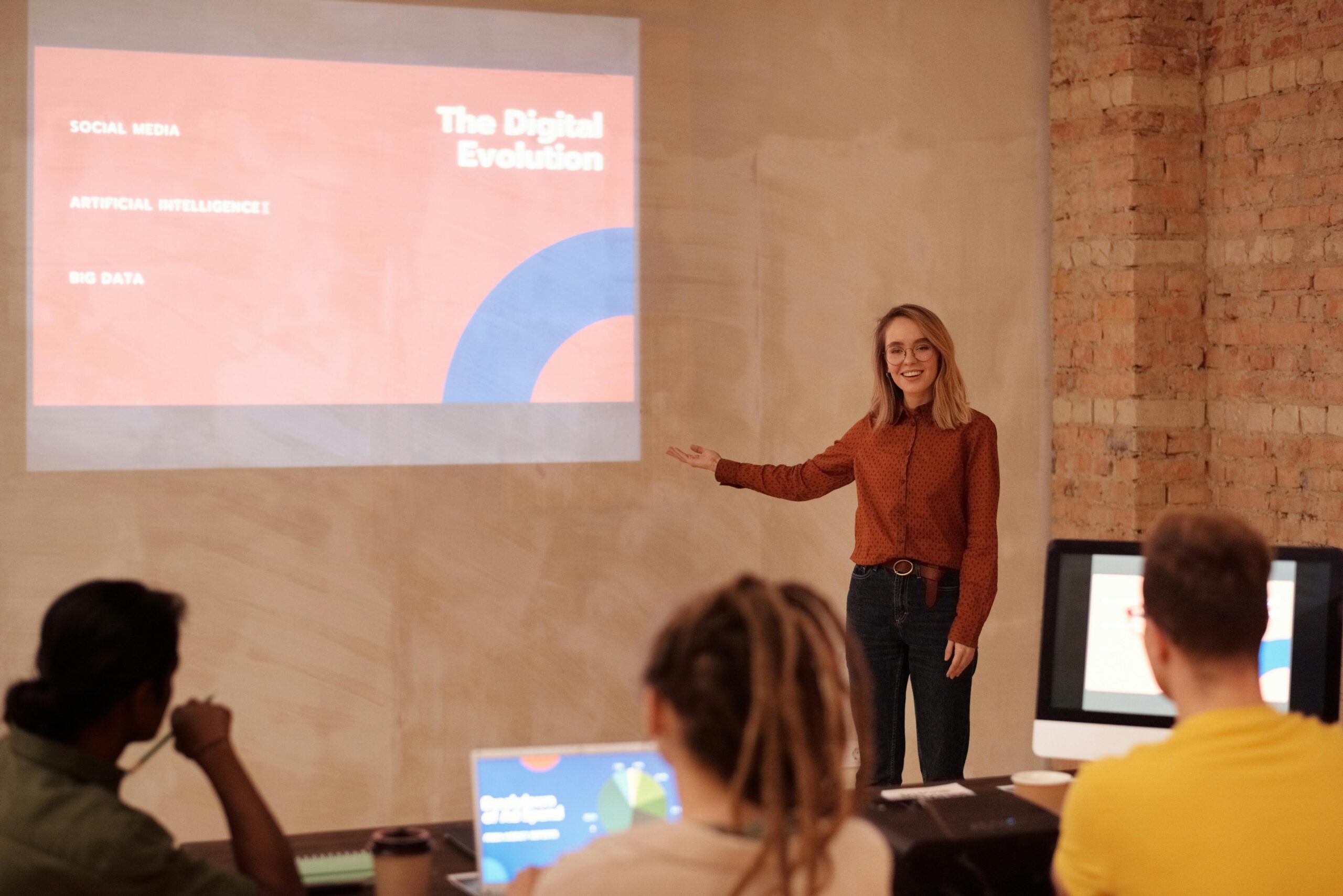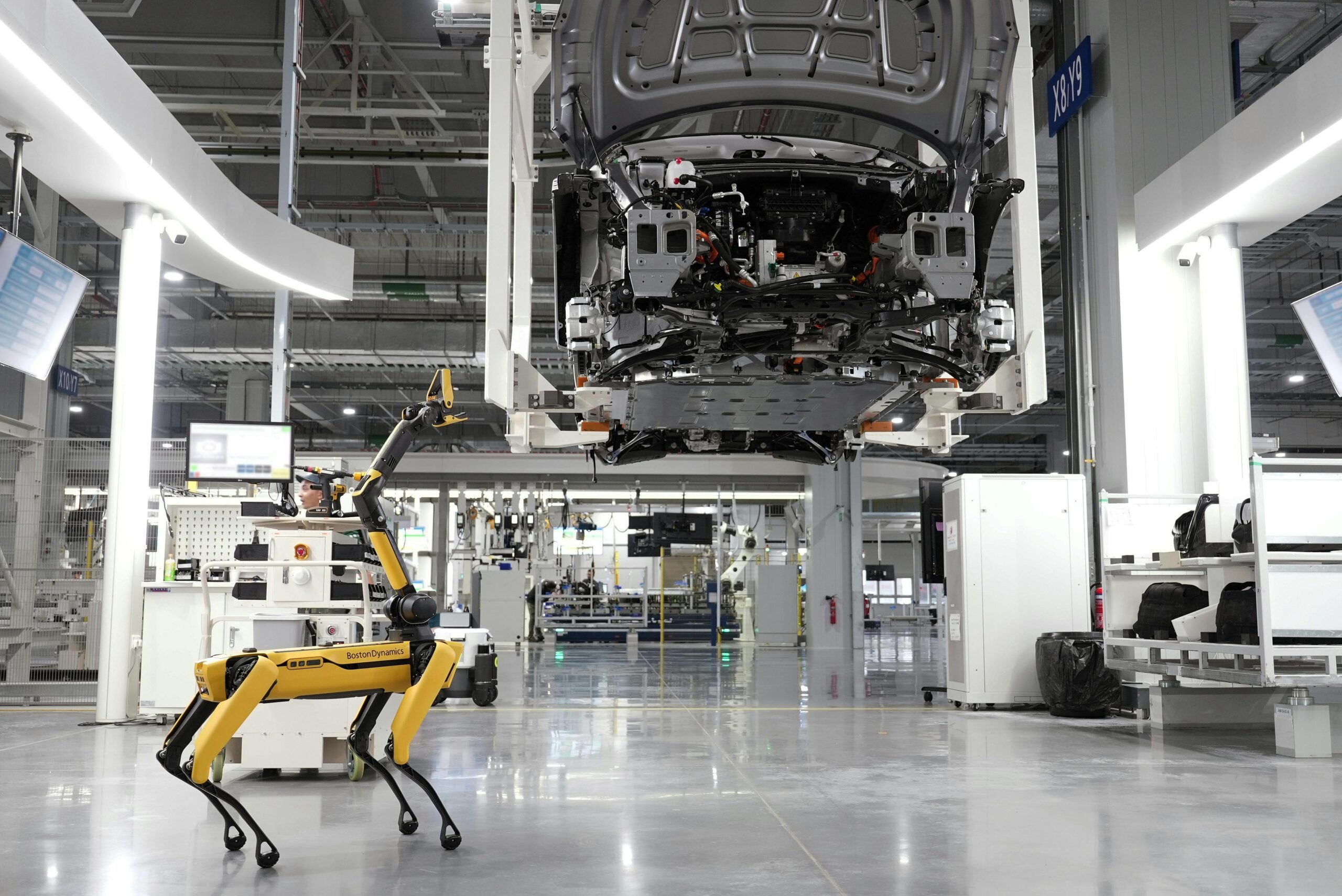The modern workplace is evolving faster than ever, demanding professionals who can adapt, innovate, and continuously grow. Mastering future-proof skills isn’t optional anymore—it’s essential.
In an era where artificial intelligence reshapes industries overnight and remote work becomes the norm, the skills that guaranteed success a decade ago may no longer hold the same value. The half-life of professional skills continues to shrink, with some technical competencies becoming obsolete within just five years. This reality presents both a challenge and an opportunity: those who commit to developing future-proof skills position themselves for sustained career growth regardless of market disruptions.
Understanding which skills to prioritize and how to develop them effectively can mean the difference between thriving in your career or constantly playing catch-up. This comprehensive guide explores the essential competencies that will remain valuable across industries and decades, along with practical strategies for mastering them.
🎯 Why Future-Proof Skills Matter More Than Ever
The World Economic Forum estimates that by 2027, nearly 23% of jobs will change through growth and displacement. This transformation isn’t limited to a single industry—it spans healthcare, finance, manufacturing, education, and virtually every professional sector. Traditional career paths that once offered predictability now require constant adaptation.
Future-proof skills serve as your professional insurance policy. Unlike specialized technical knowledge that may become outdated, these competencies remain relevant across technological shifts and economic cycles. They enable you to transition between roles, industries, and even entirely new career paths without starting from zero.
Organizations increasingly value professionals who demonstrate these adaptable skills. Research from LinkedIn’s 2023 Workplace Learning Report shows that 89% of learning and development professionals believe that proactively building employee skills will help navigate the evolving future of work. Companies recognize that hiring for adaptability and foundational competencies often yields better long-term results than recruiting for narrow technical expertise alone.
💡 Core Cognitive Skills: The Foundation of Adaptability
At the heart of future-proof professional development lies cognitive flexibility—the ability to think critically, solve complex problems, and learn continuously. These mental capabilities transcend specific job functions and remain valuable regardless of technological advancement.
Critical Thinking and Complex Problem-Solving
Critical thinking involves analyzing information objectively, questioning assumptions, and making reasoned judgments. In a world flooded with information and misinformation, this skill has become indispensable. Professionals who can dissect complex problems, identify root causes, and develop innovative solutions will always find themselves in demand.
Complex problem-solving goes beyond finding quick fixes. It requires systems thinking—understanding how different components interact and how changes in one area ripple through entire ecosystems. Whether you’re troubleshooting technical issues, optimizing business processes, or navigating organizational challenges, this capability serves as a career multiplier.
Learning Agility and Continuous Growth
Perhaps the most meta of all future-proof skills is the ability to learn effectively. Learning agility encompasses not just acquiring new knowledge but unlearning outdated practices and relearning approaches as contexts change. Professionals with high learning agility demonstrate curiosity, seek feedback actively, and experiment with new methods without fear of failure.
This skill manifests in daily practices: reading beyond your immediate field, taking courses that challenge your assumptions, engaging with diverse perspectives, and reflecting on experiences to extract maximum learning. The professionals who dedicate consistent time to learning—even just 15-30 minutes daily—compound their knowledge and capabilities exponentially over years.
🤝 Human-Centric Skills in an Automated World
As automation and artificial intelligence handle increasingly sophisticated tasks, uniquely human skills become more valuable, not less. The abilities that machines struggle to replicate—emotional intelligence, creativity, and authentic relationship-building—represent your competitive advantage in the coming decades.
Emotional Intelligence and Interpersonal Effectiveness
Emotional intelligence (EQ) encompasses self-awareness, self-regulation, motivation, empathy, and social skills. Research consistently shows that EQ predicts professional success more reliably than IQ, particularly in leadership and collaborative roles. High-EQ professionals navigate workplace dynamics effectively, build strong teams, manage conflict constructively, and inspire others toward shared goals.
Developing emotional intelligence requires intentional practice. Start by increasing self-awareness through reflection, journaling, or working with mentors who provide honest feedback. Practice active listening—truly hearing what others communicate beyond their words. Cultivate empathy by considering situations from multiple perspectives before forming judgments.
Communication Across Mediums and Audiences
Effective communication has always been valuable, but modern professionals must master communication across unprecedented diversity—different mediums (written, verbal, visual, video), formats (emails, presentations, social media, reports), and audiences (technical specialists, executives, international colleagues, public stakeholders). The ability to tailor your message appropriately while maintaining clarity and impact is increasingly rare and valuable.
Strong communicators don’t just transmit information; they create understanding. They craft narratives that resonate, simplify complexity without oversimplifying, and adapt their approach based on audience needs. Whether presenting to executives, collaborating with cross-functional teams, or creating content for broader audiences, communication skills amplify your impact across all other capabilities.
🔧 Digital Fluency Beyond Technical Roles
You don’t need to become a software engineer, but baseline digital fluency is now essential across all professional roles. This means understanding how digital tools work, how data drives decisions, and how to leverage technology to enhance your productivity and impact.
Data Literacy for Evidence-Based Decisions
Data literacy—the ability to read, understand, create, and communicate data as information—has become a fundamental professional competency. Even roles traditionally far from analytics now benefit from professionals who can interpret data visualizations, understand basic statistics, and make evidence-based recommendations rather than relying solely on intuition.
You don’t need advanced degrees in data science to develop useful data literacy. Start by familiarizing yourself with common visualization types and what they reveal. Learn to ask good questions about data: Where did it come from? What might be missing? What alternative explanations exist? Practice basic analysis using accessible tools like spreadsheets before progressing to more sophisticated platforms.
Technology Adaptation and Digital Tools
New tools and platforms emerge constantly, and professionals who can quickly learn and leverage them maintain a significant advantage. This doesn’t mean mastering every new application, but rather developing the underlying skill of technology adaptation—the confidence and methodology to efficiently learn new digital tools as needed.
Cultivate a growth mindset toward technology. When new tools arrive in your workplace, volunteer to be an early adopter. Explore features beyond basic functionality. Watch tutorials, experiment with settings, and share discoveries with colleagues. This practice builds both technical capability and reputation as someone who embraces positive change.
🚀 Strategic Thinking and Business Acumen
Understanding the broader business context—how organizations create value, serve customers, and sustain competitive advantage—elevates professionals from task-executors to strategic contributors. This business acumen applies whether you work in corporations, nonprofits, government, or as an independent professional.
Systems Thinking and Strategic Perspective
Systems thinking involves seeing patterns, interconnections, and structures rather than isolated events. Professionals with this perspective understand how their work connects to organizational objectives, how decisions create downstream consequences, and how to optimize for broader impact rather than narrow metrics.
Develop strategic perspective by regularly stepping back from daily tasks to consider bigger questions: What is our organization trying to achieve? How does my work contribute? What trends might disrupt our approach? Who are we ultimately serving? This habit transforms you from someone who completes assignments to someone who shapes direction.
Financial and Resource Literacy
Understanding basic financial concepts—budgets, revenue models, cost structures, resource allocation—enables you to make smarter decisions and communicate more effectively with stakeholders. You don’t need an MBA to grasp how your organization makes money, where resources come from, and what constraints shape decisions.
If your organization shares financial information, study it. If you manage budgets, understand them deeply rather than treating them as administrative requirements. When making proposals, frame recommendations in terms of return on investment, not just effort required. This financial lens demonstrates maturity and readiness for greater responsibility.
🎨 Creativity and Innovation Mindset
Creativity isn’t limited to artistic pursuits—it’s the capacity to generate novel and valuable ideas across any domain. In rapidly changing environments, organizations need professionals who can imagine new possibilities, challenge conventional approaches, and develop innovative solutions to emerging problems.
Design Thinking and User-Centered Approaches
Design thinking provides a structured approach to innovation that emphasizes empathy, experimentation, and iteration. This methodology starts with deeply understanding user needs, generates multiple possible solutions, rapidly prototypes ideas, and refines based on feedback. Originally developed for product design, these principles now apply across business strategy, process improvement, and organizational change.
You can practice design thinking principles regardless of your role. Before proposing solutions, invest time understanding the problem from multiple stakeholder perspectives. Generate several alternative approaches rather than fixating on the first idea. Test concepts on a small scale before full implementation. Treat failures as learning opportunities that inform better iterations.
Comfort with Ambiguity and Experimentation
Future-proof professionals embrace uncertainty rather than avoiding it. They’re comfortable making decisions with incomplete information, adjusting course as they learn, and viewing setbacks as data rather than defeats. This experimental mindset accelerates learning and innovation while reducing the paralysis that ambiguity creates for others.
Build your ambiguity tolerance gradually. Start small experiments in low-stakes situations. Reframe “failures” by explicitly identifying what you learned. Celebrate intelligent risks even when outcomes disappoint. Over time, this practice rewires your relationship with uncertainty from threat to opportunity.
🌍 Cultural Intelligence and Global Perspective
As work becomes increasingly global and diverse, the ability to collaborate effectively across cultural differences becomes essential. Cultural intelligence (CQ) involves understanding how cultural contexts shape communication styles, decision-making processes, relationship-building norms, and work preferences.
Professionals with high cultural intelligence avoid the trap of assuming their own cultural norms are universal. They ask questions, observe carefully, suspend judgment, and adapt their approach based on cultural context. This skill proves valuable whether you’re working on international teams, serving diverse customer populations, or navigating multicultural urban workplaces.
Develop cultural intelligence through exposure and reflection. Seek opportunities to work with people from different backgrounds. When misunderstandings arise, get curious rather than frustrated. Read about different cultural frameworks and how they influence workplace behaviors. Travel when possible, but also engage meaningfully with diverse communities in your own location.
📈 Building Your Future-Proof Skills Development Plan
Understanding which skills matter is only the first step. Systematic development requires intentional planning, consistent practice, and regular assessment. Here’s how to create a sustainable skills development approach that compounds over time.
Conduct a Personal Skills Audit
Start by honestly assessing your current capabilities across the skill categories discussed. Where are your strengths? Which areas need development? What skills would create the greatest impact in your current role or desired career direction? Consider seeking feedback from trusted colleagues, mentors, or through formal 360-degree assessments to supplement your self-evaluation.
Prioritize Strategically
You cannot develop everything simultaneously. Prioritize 2-3 skill areas that offer the highest return given your career goals and current gaps. Consider both immediate needs (skills that would enhance your current effectiveness) and strategic investments (capabilities that position you for future opportunities). Balance areas where you’re building on existing strengths with skills that address critical weaknesses.
Create Multiple Learning Pathways
Effective skill development combines various learning modalities. Formal education through courses, certifications, or degree programs provides structure and credentials. Self-directed learning through books, articles, videos, and podcasts offers flexibility and breadth. Experiential learning through projects, stretch assignments, and volunteering creates practical application. Social learning through mentorship, peer groups, and communities provides feedback and motivation.
Establish Consistent Practice Rhythms
Skills develop through consistent practice over time, not through sporadic intensive bursts. Establish sustainable learning rhythms: perhaps 30 minutes of reading each morning, one course or workshop per quarter, monthly conversations with mentors, or weekly reflection on what you’ve learned from recent experiences. Small, regular investments compound dramatically over months and years.
Apply Skills in Real Contexts
Knowledge doesn’t become capability until applied. Actively seek opportunities to practice developing skills in authentic contexts. Volunteer for projects that stretch you. Experiment with new approaches in your current work. Share what you’re learning by teaching others, which simultaneously reinforces your understanding and builds your reputation.
🎓 Leveraging Resources for Continuous Development
The modern learning landscape offers unprecedented access to development resources, many at low or no cost. Strategic use of these resources accelerates your growth significantly.
Online learning platforms like Coursera, LinkedIn Learning, and Udemy provide courses on virtually every professional skill. Professional associations offer specialized training, certifications, and communities of practice. Books remain one of the highest-return investments for learning. Podcasts enable learning during commutes or exercise. YouTube tutorials teach everything from public speaking techniques to data analysis methods.
For skill practice and application, consider platforms that offer project-based learning opportunities. Contributing to open-source projects builds technical skills. Volunteering for nonprofits provides leadership experience. Participating in professional competitions or hackathons creates deadline-driven learning. Blogging or creating content develops communication skills while building your professional presence.
🔄 Staying Relevant Through Career Transitions
Future-proof skills prove their value most dramatically during career transitions—whether changing roles, industries, or responding to unexpected disruptions. Professionals with strong foundational competencies can pivot more readily because their value doesn’t depend entirely on narrow technical expertise.
When making career transitions, translate your skills rather than starting from scratch. Critical thinking developed in one industry applies in another. Communication skills transfer across contexts. Leadership experience from managing projects prepares you for managing people. Frame your background in terms of these transferable capabilities rather than just job titles and industry-specific tasks.
Build your professional network around skills and interests, not just your current role or company. Connections based on shared capabilities or learning goals remain valuable regardless of where your career path leads. These relationships provide support, opportunities, and perspectives that help you navigate transitions successfully.
🌟 Transforming Skills Into Career Momentum
Developing future-proof skills creates value, but that value must be visible to translate into career opportunities. Strategic communication about your capabilities—through your work products, professional presence, and networks—amplifies the impact of your development efforts.
Document and share your learning journey. Write about insights you’ve gained. Present on topics you’re developing expertise in. Mentor others who are earlier in their development. These activities simultaneously deepen your learning, build your professional brand, and expand your network. They transform private skill development into public career capital.
Seek feedback regularly on how others perceive your capabilities. Sometimes our self-assessment differs significantly from how others experience our skills. This feedback helps you identify blind spots, recognize strengths you undervalue, and calibrate your development priorities based on how you’re actually showing up in professional contexts.

💪 Making Future-Proof Skills Your Competitive Advantage
The professionals who thrive through decades of career evolution aren’t necessarily the ones with the highest initial talent or the most prestigious credentials. They’re the ones who commit to continuous growth, embrace change as opportunity, and systematically develop capabilities that remain valuable across contexts.
Your investment in future-proof skills compounds over time. Each capability you develop makes the next one easier to acquire. Learning agility improves your ability to develop technical skills. Emotional intelligence enhances your capacity for building networks that support your growth. Critical thinking sharpens your ability to identify which skills to prioritize next.
Start where you are with what you have. You don’t need perfect plans or unlimited resources. You need commitment to consistent development, curiosity about your field and beyond, and courage to step outside your comfort zone regularly. These ingredients, applied persistently over months and years, transform careers more reliably than any single credential or job change.
The future belongs to perpetual learners—professionals who view their careers as ongoing development journeys rather than fixed destinations. By mastering future-proof skills, you’re not just preparing for the next job or the next industry shift. You’re building a foundation for sustained professional relevance, resilience, and growth regardless of how the landscape evolves. That’s the ultimate career security in an insecure world.
Toni Santos is a future-of-work researcher and social innovation writer exploring how technology, culture, and global mobility are redefining what it means to work and thrive in the 21st century. Through his studies on automation, digital nomadism, and workforce transformation, Toni examines the balance between progress, adaptability, and human purpose in a rapidly changing world. Passionate about remote collaboration systems and digital inclusion, Toni focuses on how emerging tools and global connectivity empower individuals to build meaningful, flexible, and resilient careers. His work highlights how automation and new work models can coexist with creativity, empathy, and social value. Blending sociology, economics, and digital strategy, Toni writes about the human side of innovation — helping readers understand not only where work is heading, but how to align with its transformation responsibly and purposefully. His work is a tribute to: The evolving relationship between automation and human employment The rise of global, location-independent lifestyles The power of resilience and adaptability in the modern workforce Whether you are a freelancer, remote leader, or curious observer of the new economy, Toni Santos invites you to explore the future of work — one idea, one connection, one transformation at a time.




